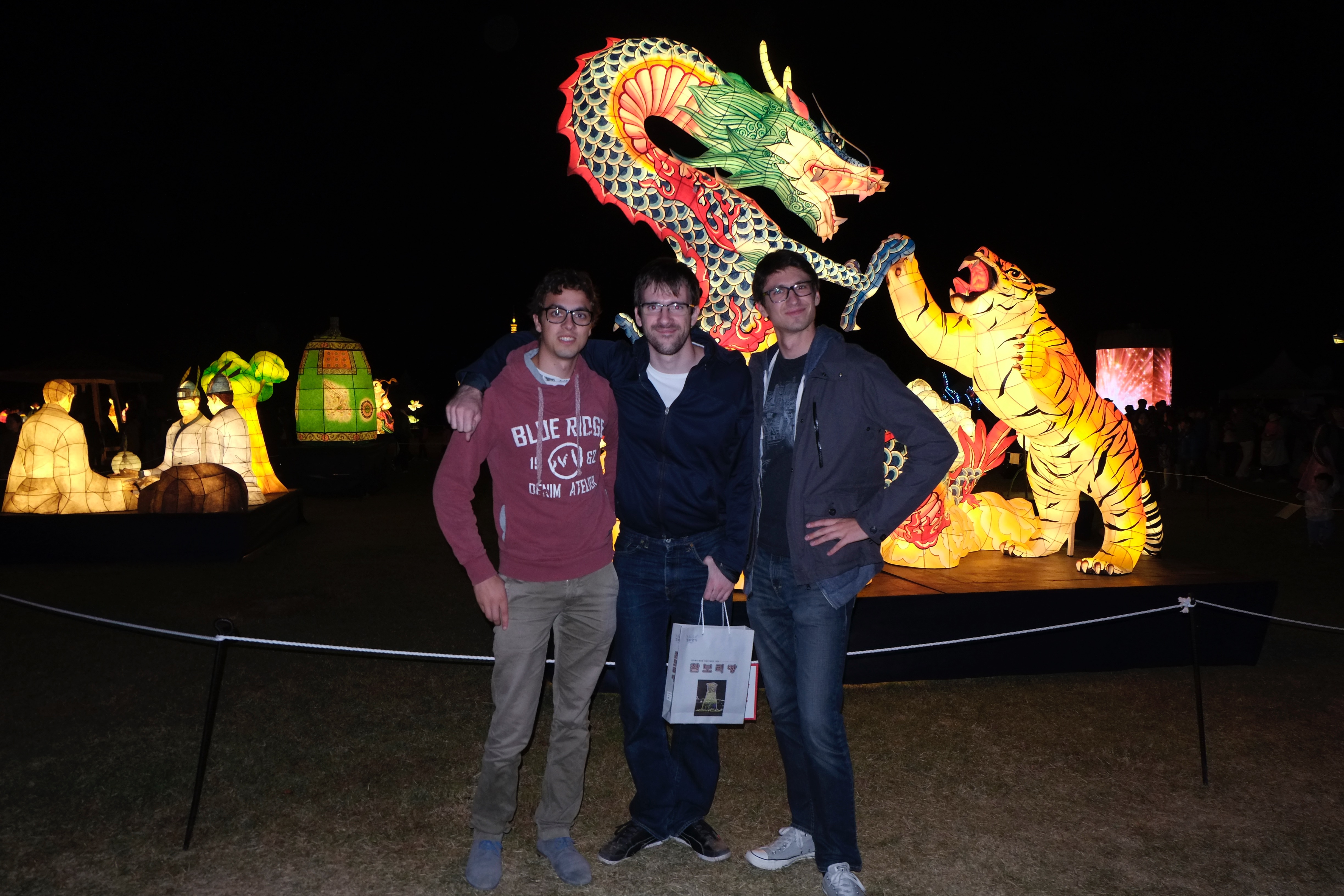Master Internship at KSTAR - South-Korea
Report by Stef Schenkelaars. Powered by FuseNet

For my internship of my study Applied Physics I wanted to focus on the Applied part and help with something practical. After some searching, I came in contact with the Fusion research group of the University of Technology Eindhoven (TU/e). One of the possible positions was at the Korea Superconducting Tokamak Advanced Research in Korea. It only took one skype call and three forms and everything was arranged and I could book my flights.
The project
KSTAR is a torus shaped fusion reactor which uses magnetic fields to confine the plasma within the reactor. To help understanding what happens inside the plasma, a Motional Stark Effect (MSE) diagnostic system was developed in collaboration with the TU/e. Without a Physics background this probably does not say much but the most important thing of this system is that you can use it to measure the direction of the magnetic field, which can then be used to extract useful data for scientists. After the system was installed, it produced quite some data but the algorithm to extract the direction of the magnetic field showed quite some defects. It was my job to optimise this analysis algorithm. This resulted in the title of my internship: Optimise data evaluation of KSTAR's MSE system.
Working at NFRI
KSTAR is located at the National Fusion Research Institute (NFRI) in Daejeon. The group responsible for the MSE system only consisted of four: Jinil, Jinseok, Max and me. Jinil and Jinseok are two Korean scientists working for the NFRI and Max is a PhD for the TU/e and was also my direct supervisor. Communicating with Koreans was harder than expected since in general their English level is quite low. Luckily the communication with Jinil and Jinseok went ok and improved immensely during my stay.

Korea
Since the project was at an institute and not at a university, it was hard to get it touch with other students. Therefore I started doing taekwando together with Max where we were able to get in touch with Koreans our age. During the weekends Max, me and Máté (a researcher from Hungary) made trips through the country (and abroad). The train and bus systems are really nice and you can be everywhere in the country in a couple of hours. If you ever go to Korea do not forget to try the super cheap Soju and see the Asian alcohol gene working.
